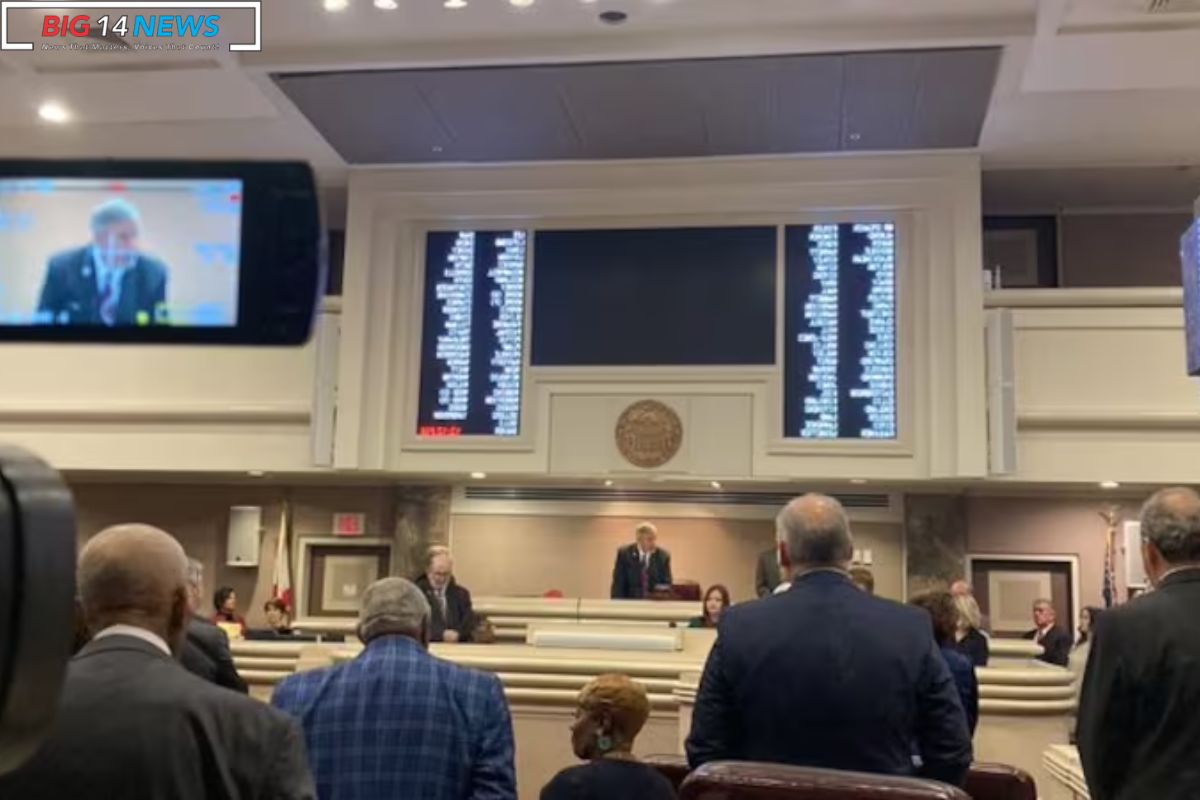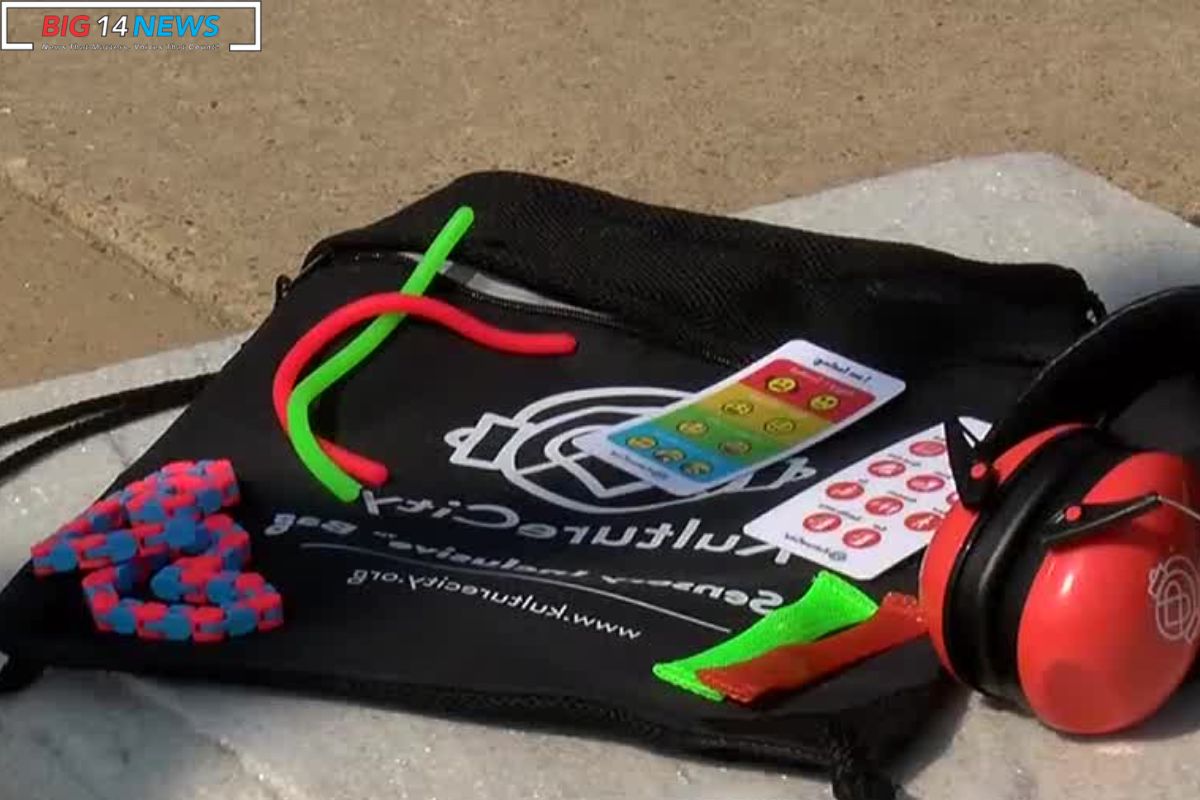Law Enforcement With Sensory Training: MONTGOMERY, Ala, Law enforcement agencies in Alabama are recognizing the importance of sensory training in effectively serving their communities.
This article explores the legislative background and origins of this training, highlighting statistics and the focus on sensory needs.
It also delves into the training requirements, emphasizing its significance in law enforcement education.
By examining the complex landscape and future outlook, this article provides a comprehensive overview for professionals seeking mastery in this field.
Key Takeaways
- The Cade Noah Act mandates Sensory Inclusive Certification training for law enforcement personnel in Alabama, aiming to address the challenges of engaging with individuals with sensory needs.
- The training provided by KultureCity focuses on sensory needs, as 70-80% of individuals with autism spectrum disorder (ASD) experience sensory processing issues.
- Law enforcement officers in Alabama are required to undergo Sensory Inclusive Certification training every two years to effectively interact with individuals with sensory needs and promote positive interactions.
- The integration of sensory training into law enforcement education in Alabama reflects a forward-thinking approach, emphasizing inclusivity, empathy, and the well-being of all individuals in the community.
The Legislation and Its Origins
The legislation mandating Sensory Inclusive Certification training for law enforcement personnel in Alabama, known as the Cade Noah Act, was introduced by Representative Leigh Hulsey and is named after her autistic son.
This act aims to address the challenges encountered by law enforcement officers when engaging with individuals who have sensory needs. The training, provided by Alabama-based KultureCity, equips officers with the knowledge and skills necessary to effectively interact with individuals on the autism spectrum or with other sensory sensitivities.
By understanding the unique needs and potential triggers for these individuals, law enforcement personnel can approach situations with greater sensitivity and adapt their communication and response strategies accordingly.
The Cade Noah Act recognizes the importance of inclusivity and aims to ensure the safety and well-being of all individuals in the community, regardless of their sensory differences.

Statistics and Focus on Sensory Needs
With a focus on sensory needs, the training provided by KultureCity equips law enforcement personnel in Alabama with the necessary knowledge and skills to effectively interact with individuals on the autism spectrum or with other sensory sensitivities. This training is crucial because individuals with sensory sensitivities may experience difficulties in processing and responding to sensory information, which can lead to misunderstandings and potentially dangerous situations. By understanding the unique challenges faced by these individuals, law enforcement officers are better equipped to de-escalate situations and provide appropriate support.
To further highlight the importance of this training, let’s look at some statistics:
| Statistics | |
|---|---|
| 1 in 54 | children are diagnosed with autism spectrum disorder (ASD) in the United States. |
| 70-80% | of individuals with ASD experience sensory processing issues. |
| 30-50% | of individuals with ASD are nonverbal or have limited speech. |
These statistics demonstrate the prevalence of sensory sensitivities among individuals on the autism spectrum and emphasize the need for law enforcement personnel to be trained in effectively addressing their unique needs.
Training Requirements and Importance
Law enforcement officers in Alabama are mandated to undergo Sensory Inclusive Certification training every two years, ensuring they are equipped with the necessary skills to effectively interact with individuals with sensory needs.
This training requirement is crucial in enabling officers to understand and respond appropriately to individuals who may have sensory perception issues, such as those on the autism spectrum or with other sensory sensitivities.
By creating awareness and providing education, the training emphasizes the importance of positive interactions and the safety of both law enforcement and individuals with sensory needs.
Representative Leigh Hulsey highlights the significance of this training, emphasizing that a seemingly defiant response from an individual may be a result of their sensory perception issues.
Integration into Law Enforcement Education
Law enforcement officers in Alabama are seamlessly integrating sensory training into their education, regularly equipping themselves with the necessary skills to effectively interact with individuals who have sensory needs. This integration into law enforcement education is crucial for promoting inclusivity and ensuring the safety of all citizens.
The following are ways in which sensory training is being incorporated into law enforcement education:
- Incorporating sensory training modules into the existing curriculum, providing officers with a comprehensive understanding of sensory needs and how to accommodate them.
- Offering specialized courses and workshops on sensory training, allowing officers to gain practical knowledge and skills in interacting with individuals who have sensory needs.
- Providing hands-on training opportunities where officers can engage in simulated scenarios that involve individuals with sensory needs, allowing them to apply their knowledge and practice their skills.
- Collaborating with organizations like KultureCity to develop and implement sensory training programs specifically tailored to law enforcement officers.
- Regularly assessing and updating the sensory training curriculum to ensure it remains current and relevant to the evolving needs of the community.
Complex Landscape and Future Outlook
How does the integration of sensory training in law enforcement education contribute to navigating the complex landscape and shaping the future outlook in Alabama?
The integration of sensory training in law enforcement education in Alabama plays a crucial role in navigating the complex landscape of law enforcement encounters. By incorporating sensory-inclusive practices into their training, law enforcement officers will be better equipped to understand and respond effectively to individuals with sensory needs or invisible disabilities. This training will enhance their ability to de-escalate situations, reduce misunderstandings, and promote positive community relations.
Additionally, the integration of sensory training reflects a forward-thinking approach to law enforcement education in Alabama. It demonstrates a commitment to inclusivity, empathy, and the well-being of all individuals in the community. By shaping future outlook, sensory training will contribute to a more compassionate and effective law enforcement system in Alabama.
Conclusion Of Law Enforcement With Sensory Training
The integration of sensory training into law enforcement education in Alabama is a significant step towards improving the effectiveness and understanding of law enforcement officers in dealing with individuals with sensory needs.
The legislation and its origins highlight the commitment of the state to address this issue.
The training requirements emphasize the importance of equipping law enforcement officers with the necessary knowledge and skills.
However, the complex landscape of this issue calls for ongoing efforts and collaboration to ensure a positive future outlook.

